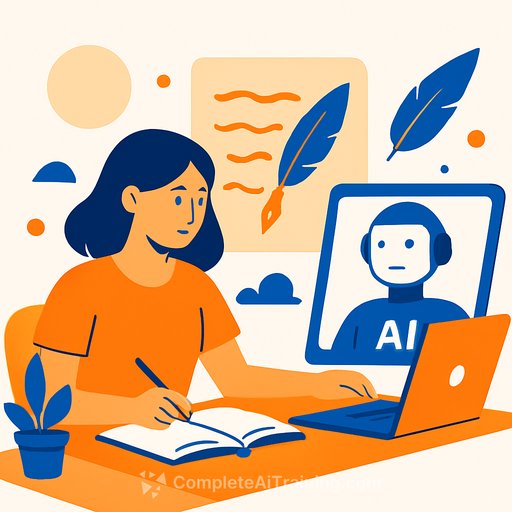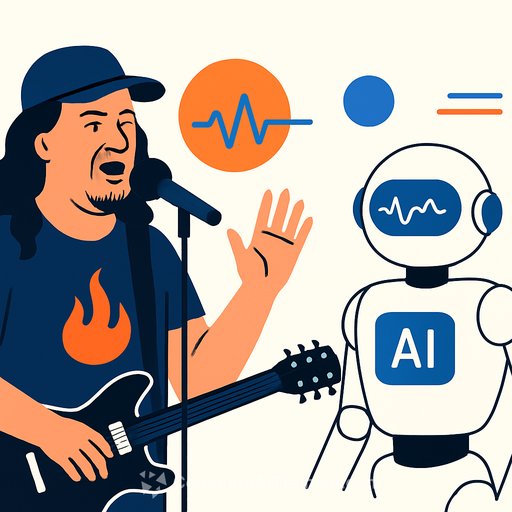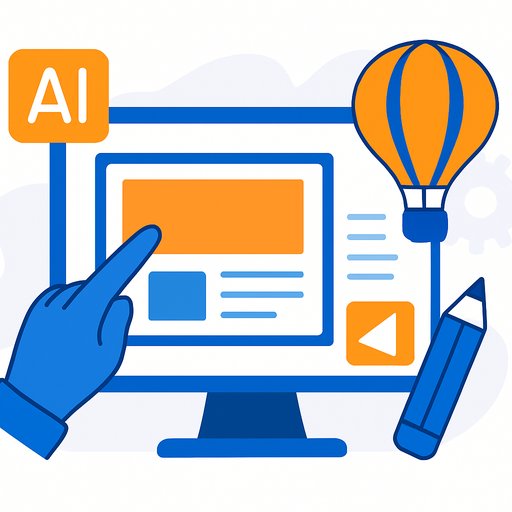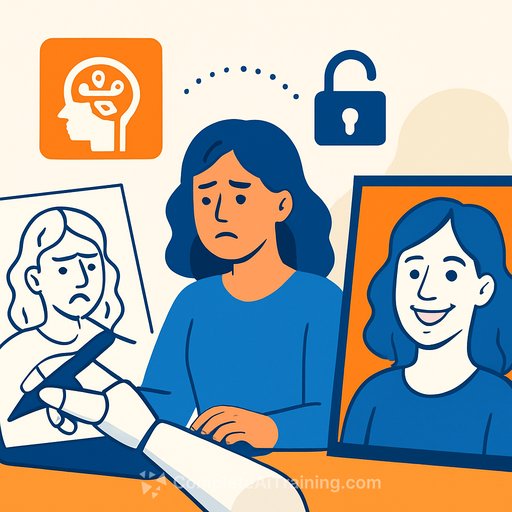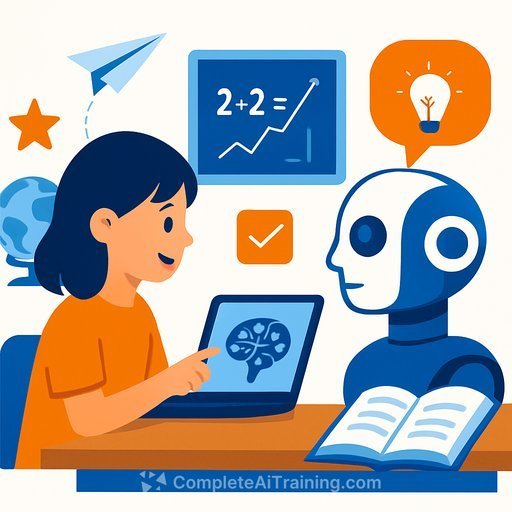Rice University Integrates AI into Creative Writing Curriculum
This fall, Rice University launched a new course titled ENGL 306: AI Fictions, which introduces generative artificial intelligence into creative writing. The course is led by Ian Schimmel, an associate teaching professor in the English and creative writing department. Its goal is to encourage students to critically engage with AI technology and explore how it can influence fiction writing.
The class welcomes writers of all skill levels and offers a balanced approach, allowing space to both embrace and challenge AI's role in the creative process. Schimmel clarifies that the class does not simply use AI to produce stories or speed up writing. Instead, students experiment with AI to broaden their creative thinking.
Exploring AI's Capabilities and Limitations
When ChatGPT debuted in 2022, Schimmel was surprised by its writing abilities but quickly realized that AI raises more questions than answers. This spurred the creation of a course focused on AI’s intersection with fiction. Assigned readings vary from critical opinion pieces to AI-generated poetry, providing students with diverse perspectives.
Concerns about AI’s impact on academic integrity and human creativity are common among both faculty and students. Schimmel stresses the value of hands-on experience with AI to understand its flaws and boundaries. Moments when AI "hallucinates" or makes mistakes remind students that it remains a machine, distinct from human creativity.
Robert Gray, a senior at Brown College, describes the course as an opportunity to confront and work through the fear surrounding AI’s influence on creative industries.
Ethics and Practical Use of AI in Writing
The course approaches AI from a flexible perspective, evolving as students engage more deeply with the technology. Schimmel highlights the ethical challenges inherent in AI development—such as training on copyrighted material without permission and environmental costs from data centers. He points out that understanding AI intimately might be the best way to build informed critiques.
- Energy consumption and water usage in AI data centers raise environmental concerns.
- Recent lawsuits accuse companies like Anthropic of using pirated books to train chatbots.
These issues invite important discussions about the future of AI in creative fields.
AI as a Tool for Ambitious Writing Projects
With AI assistance, students can tackle large-scale projects that would typically exceed a semester’s scope. AI accelerates tasks like drafting book outlines and co-writing opening chapters. This is particularly relevant in the context of NaNoWriMo, the annual novel-writing event that concluded after 20 years in 2025.
NaNoWriMo’s recent statement defending AI use in writing sparked debate, with critics pointing out the potential implications for disabled writers and the broader writing community.
Hands-On Learning with AI
Each week, students engage in dialogues and writing exercises using ChatGPT. Discussions cover AI’s role in creative copyrights, environmental impact, and editorial accuracy. The class embraces uncertainty, acknowledging how much remains unknown about AI’s place in arts.
Schimmel emphasizes the importance of leaning into topics that provoke discomfort or concern. He believes that these challenging spaces foster meaningful learning and growth.
For creatives interested in expanding their skills with AI tools beyond fiction writing, exploring comprehensive AI courses can provide practical knowledge and confidence in working alongside these technologies. Resources like Complete AI Training’s ChatGPT courses offer structured guidance for integrating AI into various creative workflows.
Your membership also unlocks:

